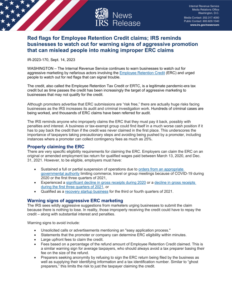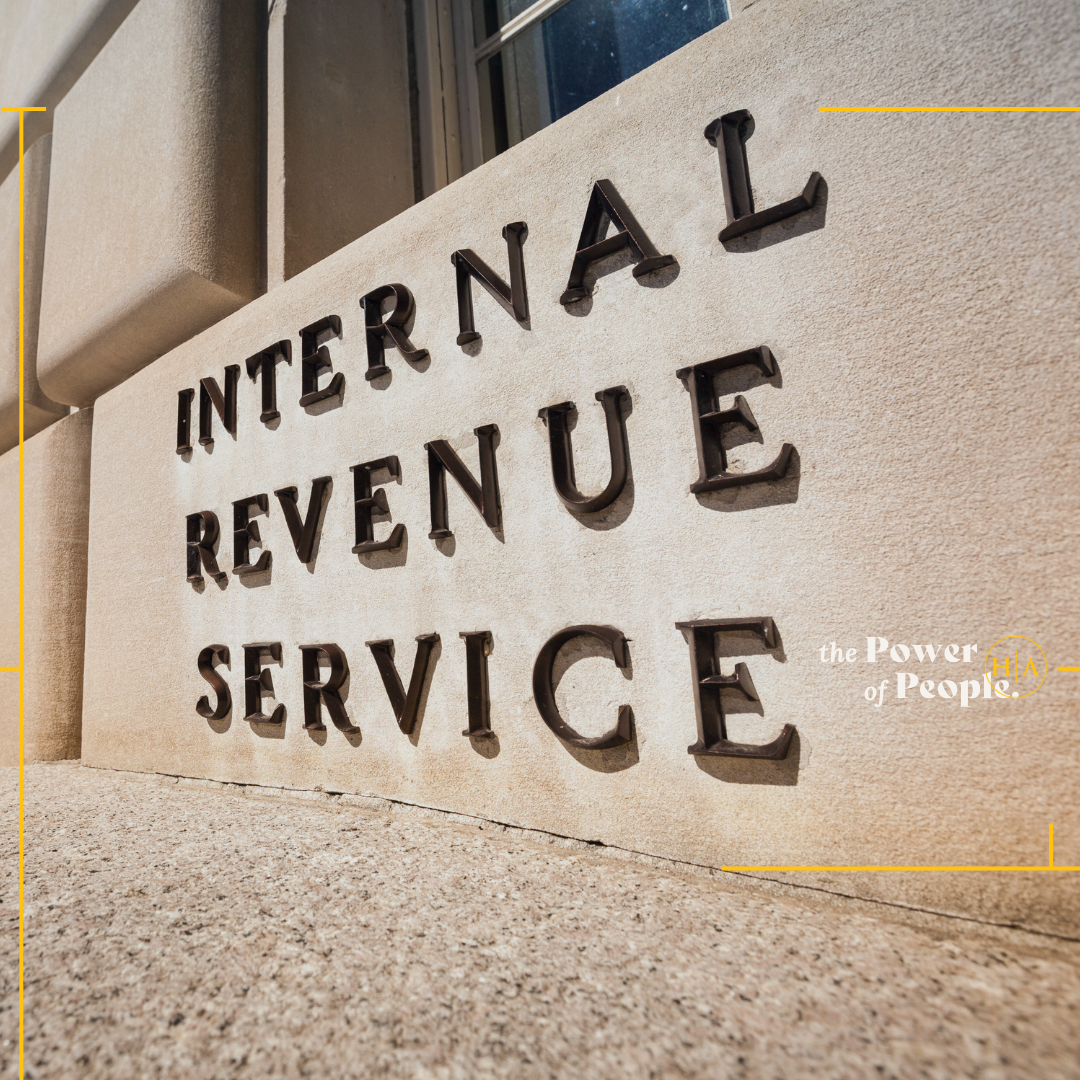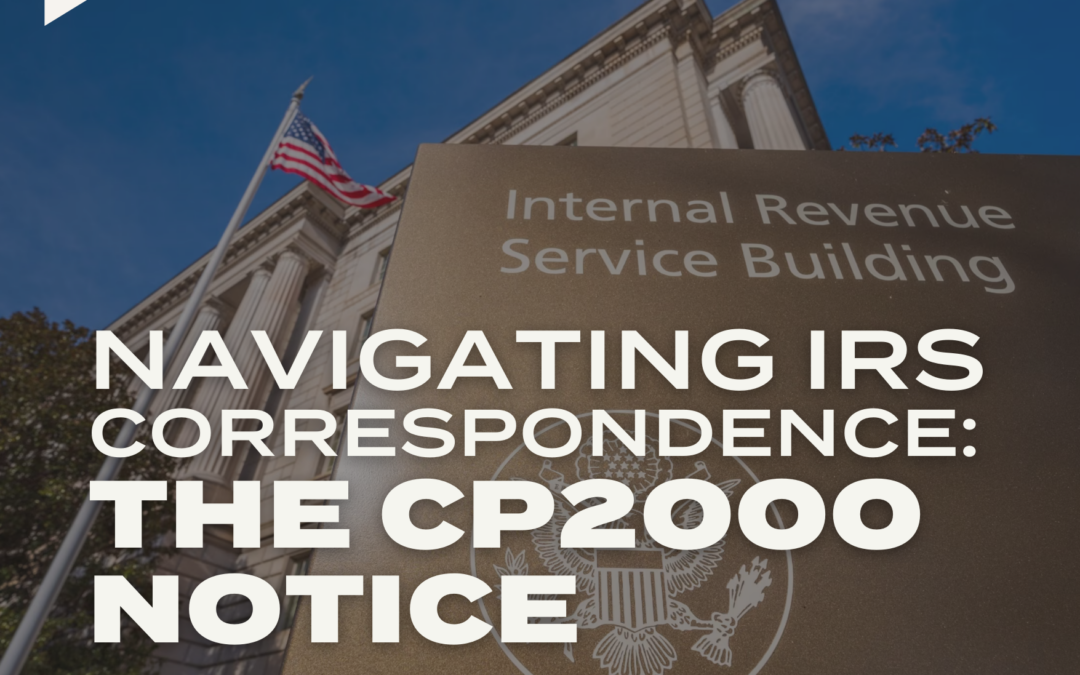 In response to growing concerns over a surge in questionable Employee Retention Credit (ERC) claims, the Internal Revenue Service (IRS) has taken swift action to safeguard honest small business owners and the integrity of the tax system. IRS Commissioner Danny Werfel has announced an immediate moratorium on processing new ERC claims, effective September 14, 2023, and lasting until at least December 31, 2023.
In response to growing concerns over a surge in questionable Employee Retention Credit (ERC) claims, the Internal Revenue Service (IRS) has taken swift action to safeguard honest small business owners and the integrity of the tax system. IRS Commissioner Danny Werfel has announced an immediate moratorium on processing new ERC claims, effective September 14, 2023, and lasting until at least December 31, 2023.
This decision comes amid mounting apprehensions within the IRS, among tax professionals, and in response to alarming media reports that a significant portion of recent ERC claims for the pandemic-era relief program are ineligible. Moreover, these claims are increasingly exposing businesses to financial risks due to aggressive promoters and marketers pressuring them into filing erroneous applications.
While the IRS is committed to processing previously submitted ERC claims received before the moratorium, it emphasizes that the elevated concerns surrounding fraud necessitate longer processing times. Consequently, what was once a processing goal of 90 days has now been extended to 180 days, with potential extensions for further reviews or audits. During this moratorium, the IRS will conduct enhanced compliance reviews of existing claims submitted before its implementation, aiming to protect businesses from penalties and interest payments stemming from dubious claims promoted by unscrupulous individuals.
It is crucial to note that payouts for legitimate claims will continue during the moratorium; however, they will occur at a slower pace due to the meticulous compliance reviews. The IRS may also request additional documentation from taxpayers to verify the legitimacy of their claims.
In addition to these measures, the IRS is actively developing new initiatives to aid businesses that have fallen victim to aggressive ERC promoters. These initiatives include a repayment settlement program for those who received improper ERC payments, with more details set to be released in the coming months. Furthermore, a special withdrawal option will soon be available for businesses that have filed an ERC claim but have not yet seen it processed. This option is designed to protect businesses from potential repayment issues and prevent them from paying excessive promoter contingency fees. However, those who have willfully submitted fraudulent claims should be aware that withdrawing a fraudulent claim does not exempt them from potential criminal investigations and prosecution.
As part of a broader compliance effort, the IRS is collaborating with the Department of Justice to address fraud in the ERC program and take action against promoters who have flouted the rules and encouraged businesses to apply improperly. IRS auditors are intensively examining ERC claims that pose the greatest risk, while the IRS Criminal Investigation division is actively identifying instances of fraud and promoters of fraudulent claims for potential prosecution. As of July 31, 2023, IRS-Criminal Investigation had initiated 252 investigations involving over $2.8 billion of potentially fraudulent Employee Retention Credit claims.
The IRS’s commitment to safeguarding the ERC program’s integrity reflects the program’s complexity and the risks faced by businesses. The IRS has received approximately 3.6 million ERC claims since the program’s inception, and as we move further from the pandemic, the need to enhance safeguards against fraud and revenue loss becomes more evident. It is essential for taxpayers to exercise caution, independently verify their eligibility for the credit before applying through a trusted tax professional, and stay informed about IRS guidance and tools for ERC eligibility determination.
View IR-23-169 ERC Claim Processing





